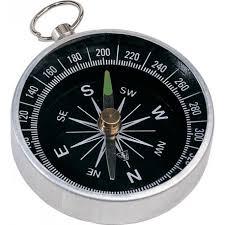Some personal values are better than others
Good values are:
- Evidence-based
- Constructive
- Controllable
Bad values are:
- Emotion-based
- Destructive
- Uncontrollable
2.26K
2.96K reads
CURATED FROM
IDEAS CURATED BY
The idea is part of this collection:
Learn more about personaldevelopment with this collection
How to set achievable goals
How to create and stick to a schedule
How to break down large projects into smaller manageable tasks
Related collections
Similar ideas to Some personal values are better than others
Good and bad values
A practical framework shared by Mark Mason is that good values are evidence-based, constructive, and controllable. This framework includes intellectual curiosity, creativity, humility, honesty, vulnerability, standing up for others and oneself.
Bad...
Discovering Your Personal Values
Many adopt values from other pre-packaged sources, like a religion, culture, or legal system. But, by adopting a value system without reflection, you make way for personal values that cause conflict between your perceived beliefs and the actions you take.
To find your own values:
Why Personal Core Values Are Important
Values are a part of us. They highlight what we stand for. Values guide our behavior, providing us with a personal code of conduct.
When we honor our personal core values consistently, we experience fulfillment.
Read & Learn
20x Faster
without
deepstash
with
deepstash
with
deepstash
Personalized microlearning
—
100+ Learning Journeys
—
Access to 200,000+ ideas
—
Access to the mobile app
—
Unlimited idea saving
—
—
Unlimited history
—
—
Unlimited listening to ideas
—
—
Downloading & offline access
—
—
Supercharge your mind with one idea per day
Enter your email and spend 1 minute every day to learn something new.
I agree to receive email updates

